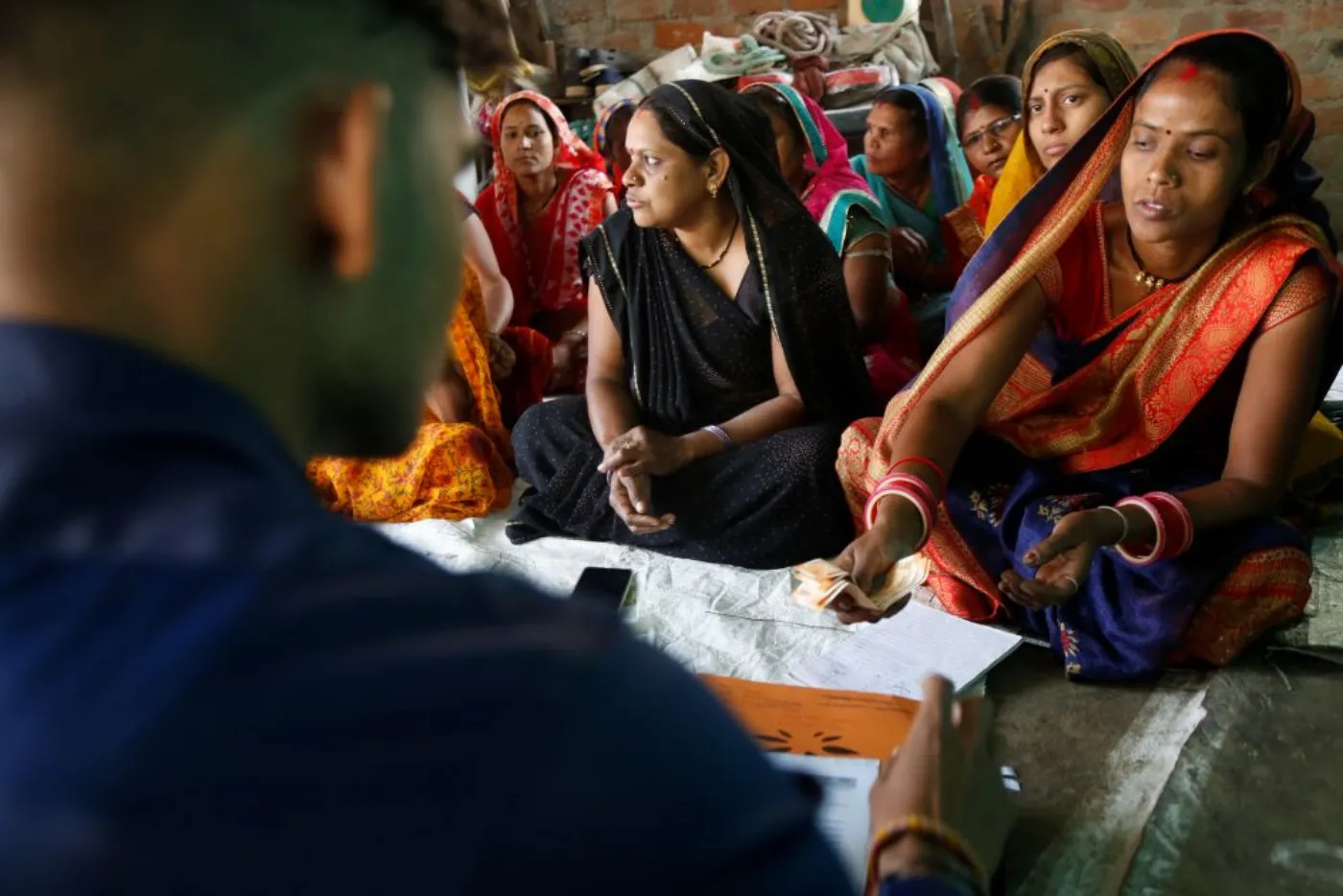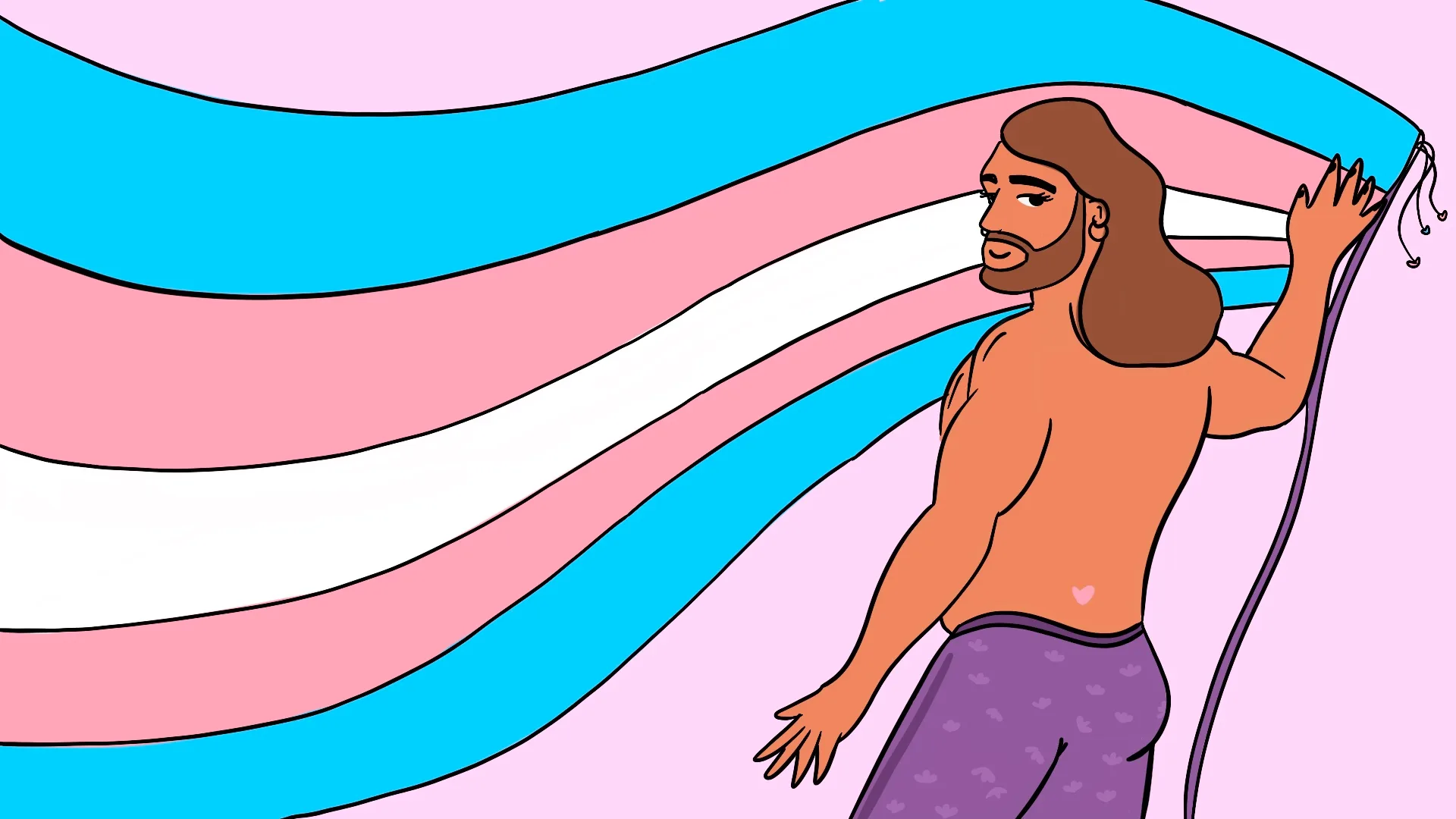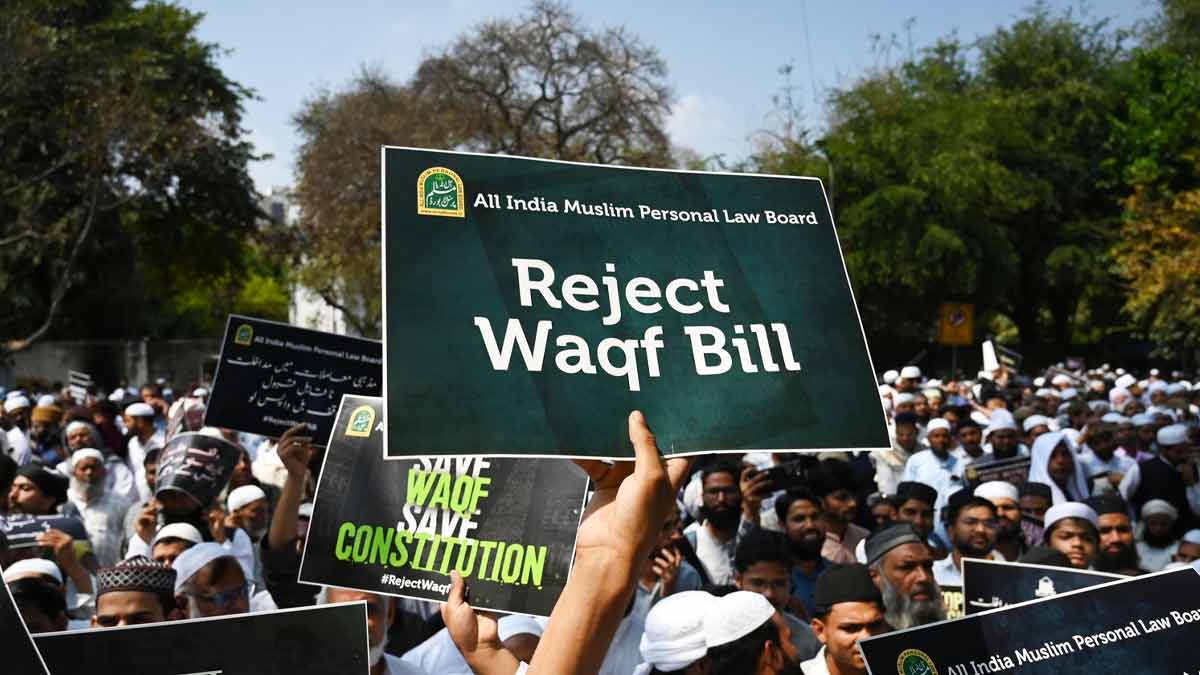Did you know that powerful and large international financial institutions can have a major influence on not just the global economy, but they can also impact young women’s access to public services? Today, we at FII, in collaboration with ActionAid India, as part of the ‘Linking the Global to the Local’ campaign, are taking a look at how international financial institutions impact public services, and much more!
1. International financial institutions and economic policies
Powerful and large international financial institutions can have a major influence on the global economy and the economic policies of countries. They can impact young women’s access to public services – and as a result – their human rights, at the grassroots level.

2. International financial institutions and their role
Powerful international financial institutions often monitor national economies and the global economy and help keep them stable. These institutions also often give policy advice to countries and lend them money, i.e., provide them with loans, with strict conditionalities, during times of economic stress.

Also read: Sewing Machines As Agents Of Financial Freedom For Women
3. What are ‘conditionalities’?
Countries often have to adopt these strict conditions in order to access the loans provided by the international financial institutions. These ‘conditionalities’ often require deep and far-reaching economic reforms aimed at cutting public spending, so that governments will have more money to back the loan.

4. Conditionalities and their impact
This forces poor countries to make significant cuts to public spending. This has a direct impact on their citizens, especially young women and other groups that face discrimination due to their caste, class, ethnicity, sexuality, and disability etc.

5. Common conditionalities
Some of the common conditionalities proposed by international financial institutions include large and sudden cuts or freezes to public sector wages, removal of subsidies on food and fuel, promotion of privatisation of public services such as water and electricity, and removing laws that protect workers’ rights etc.

6. Impact of cuts on public services
Cuts to public spendings creates gaps in accessing essential public services such as healthcare and education. This obviously disproportionately affects people without work, earning low wages, or in poor health.

7. Women and public services
It also particularly affects women, especially marginalised women. For example, higher costs and less well-trained health workers can lead to women and girls facing difficulties in accessing contraception and safe abortion services.

Also read: Why Just A Bank Account Cannot Be The Financial Solution For Women
8. Identifying the problem: part of the solution
Diluting or removing laws that protect workers’ rights, privatisation of essential public services also negatively impacts women and girls, who experience poverty more acutely than men. It’s therefore important to recognise the role international financial institutions play in influencing public services across countries.

This poster series is part of FII and ActionAid India‘s joint digital media campaign ‘Linking the Global to The Local’. Throughout this collaboration, FII and ActionAid India will be focusing on how international financial institutions impact public services and young women’s rights and how we can create change
If you’re a woman or belong to a gender-minority and want to share with us how Gender Responsive Public Services (GRPS) have impacted you and your community members, we encourage you to share your experiences with us. Be vigilant and tell us what you see, hear and experience at info.india@actionaid.org.
About the author(s)
Feminism In India is an award-winning digital intersectional feminist media organisation to learn, educate and develop a feminist sensibility and unravel the F-word among the youth in India.




